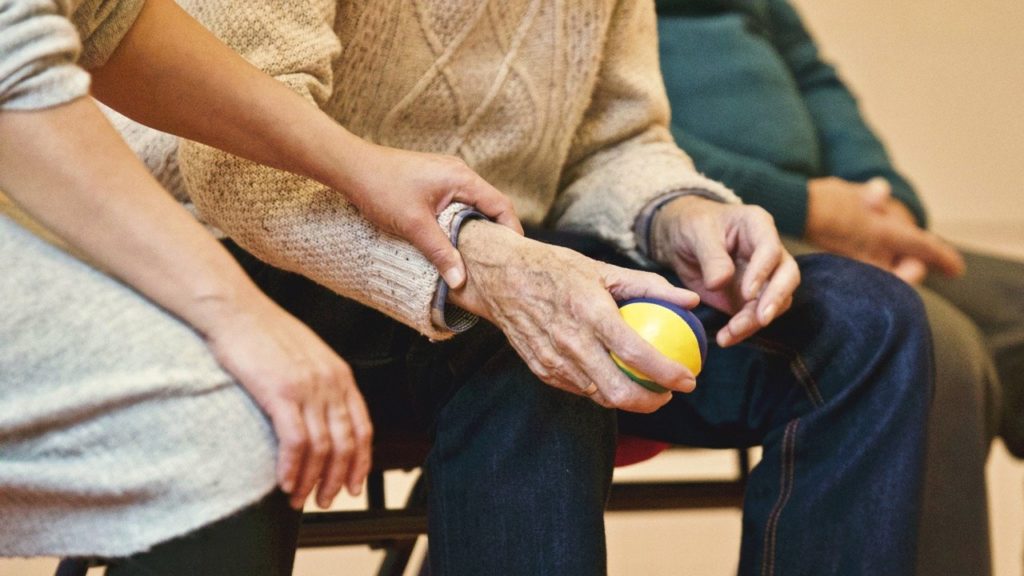All opinions are mine and mine alone.
Caring for the elderly, especially loved ones like parents and grandparents, is a caring and considerate thing. It isn’t easy and requires time, patience, and dedication, and elderly people with dementia are among the most difficult to handle. Caring for an elder comes with much more responsibility than helping them get around in a wheelchair or playing a board game every Sunday.

In many cases, in addition to mobility, the mental faculties of an older person can decrease. It then becomes necessary to assist with more sensitive or intimate parts of their life, the kind of things that we all hope we never need help with. Personal issues such as finances, eating habits, using the bathroom, and cleaning intimate areas can be a part of eldercare.
Provide Guidance on Decisions
When we get older, our cognitive functions can diminish. This is difficult because tasks like this are required for decision-making and logical reasoning. Decision-making extends important and simple tasks alike. Financial affairs and more minor yet important decisions might also be included. Everyday decisions include when and what to buy, personal care, and managing money matters like bills.
A considerate and patient approach is needed to aid your loved ones in their decision-making. Should they not be able to do this, then you can make decisions for them. Making decisions for someone, however, needs to be in their best interest. For example, it might be best to have a loved one buy their new hearing aids while they have the money rather than give it to a relative. It should be noted that the legal authority to do this might be required.
Help with Ongoing Care
Throughout our life, we receive constant healthcare. Appointments with doctors, nurses, dentists, opticians, and audiologists are a standard part of life. You might be the kind of person who is never ill, but all that can change at the drop of a hat. For the elderly, appointments with doctors can become a significant part of life and ongoing care.
Ongoing healthcare relates to primary physical and mental needs that don’t include social or personal care. This includes disabilities and severe psychological conditions like Alzheimer’s. With issues like this, help can be provided by private or national healthcare institutions, but specific criteria must be met. Therefore, in a lot of cases, ongoing healthcare is left to family members.
Assist with Undignified Care
One of the most crucial aspects of attending to an elderly loved one is to help them maintain dignity in undignified situations. Except in cases of diminished mental capacity, the elderly and infirm are aware that they need sensitive care. Losing independence in this way can be depressing for anyone. For example, should you need assistance with using the toilet, you will undoubtedly feel undignified.
Other self-sufficient things such as preparing meals, mobility, and personal hygiene are things that we take for granted while we’re young and healthy. But the elderly often need care like this, so becoming dependent on others in this way can make a patient difficult. This is a common experience with infirm and elderly people because they react against the loss of pride and independence. It isn’t usually personal but rather a symptom of a condition such as dementia.



Speak Your Mind